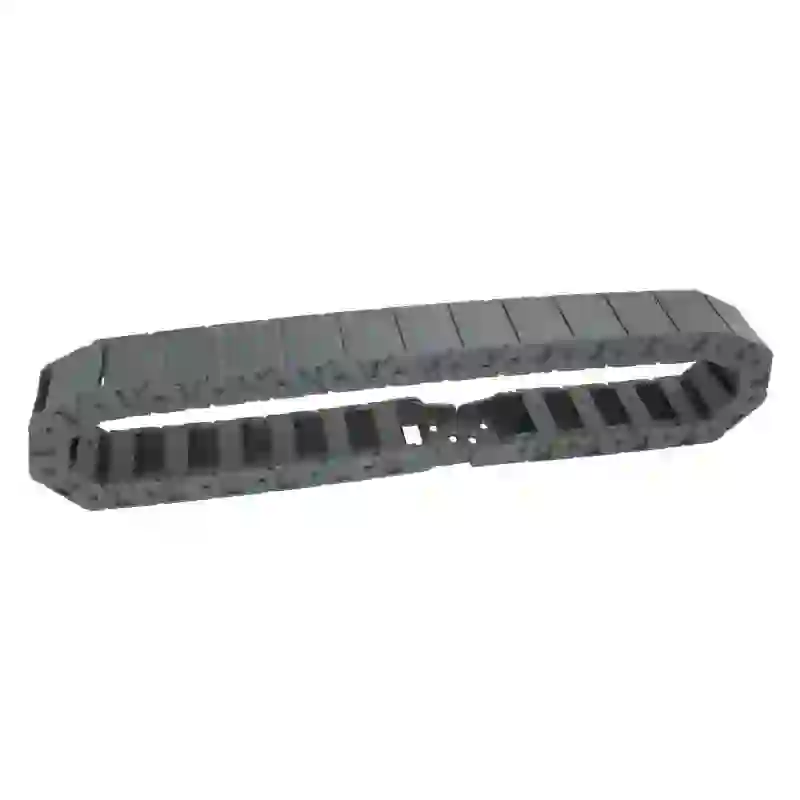Exploring the Benefits and Applications of Plastic Corrugated Conduit in Modern Electrical Systems
Understanding Plastic Corrugated Conduit
Plastic corrugated conduit has become increasingly important in modern electrical and construction applications. This versatile and durable material offers a range of benefits for both commercial and residential projects, making it a preferred choice among engineers, electricians, and builders alike.
What is Plastic Corrugated Conduit?
Plastic corrugated conduit, often referred to as flexible conduit, is a type of piping made from high-density polyethylene (HDPE) or polyvinyl chloride (PVC). Its structure is characterized by a series of ridges and grooves, giving it the characteristic 'corrugated' appearance. This design allows the conduit to bend and flex, making it ideal for routing electrical wires, cables, and other critical systems in various environments.
Benefits of Plastic Corrugated Conduit
One of the primary advantages of plastic corrugated conduit is its flexibility. Unlike rigid conduit, which can be challenging to install in tight spaces, corrugated options can easily navigate around corners and obstacles. This adaptability significantly reduces installation time and labor costs, facilitating more efficient project completions.
Additionally, plastic materials are resistant to corrosion, chemicals, and moisture. This resilience is particularly advantageous in outdoor installations or in environments where exposure to harsh substances is inevitable. The non-conductive nature of plastic also reduces the risk of electrical hazards, making corrugated conduit a safer option in many scenarios.
Moreover, these conduits are lightweight compared to traditional metal options, which simplifies handling and transportation. Their lightweight nature also means that they exert less stress on structural components, which can be a critical factor in various applications.
plastic corrugated conduit

Applications of Plastic Corrugated Conduit
Plastic corrugated conduit finds applications in a variety of sectors. In electrical installations, it is commonly used to protect wiring in both residential and industrial settings. It serves as a reliable barrier against mechanical damage, environmental factors, and even rodents, ensuring the longevity and functionality of the electrical systems contained within.
In construction, these conduits are widely used for underground cable management. Their resistance to moisture and chemicals makes them suitable for burial applications, protecting vital cables from potential damage. This feature is particularly significant in urban environments where utilities are often buried underneath streets and buildings.
Additionally, the telecommunications industry benefits from the use of plastic corrugated conduit. As the demand for data and communication services increases, the need for organized and protected cabling becomes essential. Corrugated conduit provides an effective solution for cable management, ensuring that telecommunications infrastructure is maintained without disruption.
Environmental Considerations
As awareness of environmental issues grows, the materials used in construction and electrical applications are under scrutiny. Fortunately, many manufacturers are now producing plastic corrugated conduits made from recycled materials or offering products that are themselves recyclable. This shift not only reduces waste but also addresses the industry's broader environmental impact.
Conclusion
Plastic corrugated conduit is an essential element in contemporary construction and electrical practices. Its flexibility, durability, and resistance to various environmental factors make it an invaluable tool for professionals across multiple industries. As the demand for reliable and efficient electrical solutions continues to grow, plastic corrugated conduit will undoubtedly play a pivotal role in shaping the future of infrastructure development. Whether it's for a residential renovation or a significant commercial project, the advantages offered by this type of conduit are hard to ignore, marking it as a smart choice for modern applications.








